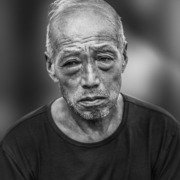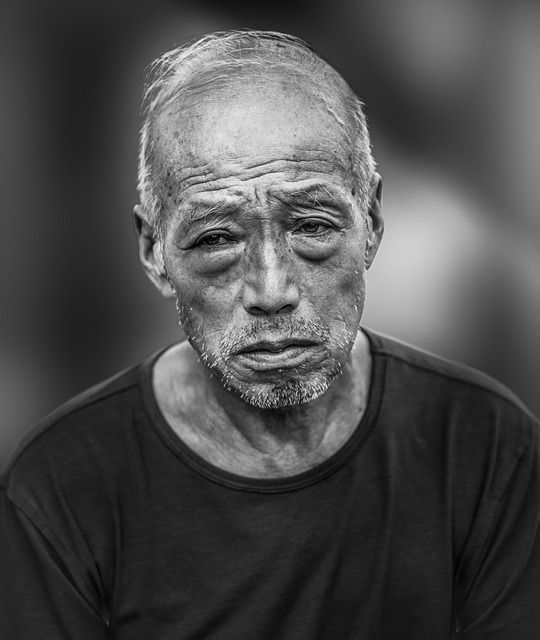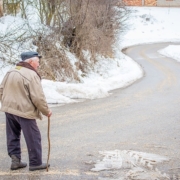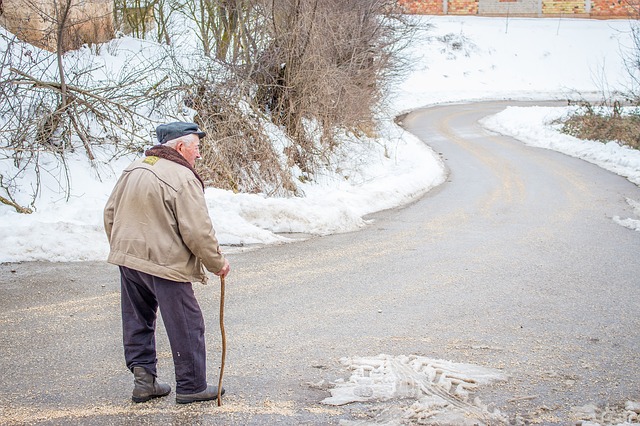 Does Mom need a nursing home?
Does Mom need a nursing home?
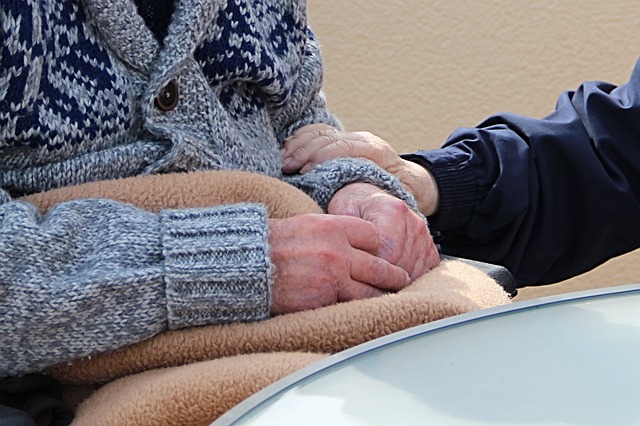 Many elderly people live fulfilling, independent lives. Even so, circumstances can change in a heartbeat — a broken hip, illness, the onset of an unforeseen debilitating medical condition — leading to lengthy stays in the hospital, a rehabilitation center or a nursing home.
Many elderly people live fulfilling, independent lives. Even so, circumstances can change in a heartbeat — a broken hip, illness, the onset of an unforeseen debilitating medical condition — leading to lengthy stays in the hospital, a rehabilitation center or a nursing home.
Children prefer their elderly parents to live independently for as long as possible. After all, studies have shown keeping an elderly person in familiar surrounds benefits their quality of life dramatically. But when the time comes when sending Mom to a nursing home is the best decision for her overall health and safety, it’s a stressful decision to make with no simple or clear-cut answers. Of course, there’s always help available from professional and experienced elderly care managers, such as those who work at Physicians Choice Private Duty. An elder care manager will help identify the current living situation of your elderly mother and provide honest, expert advice on the state of her continued well-being.
Common signs an elderly person might receive better care in a nursing facility than at home:
- No nearby relatives or caregivers to help with everyday needs
- Family unable to afford/provide in-home care
- Decreased hygiene
- Frequent falls and other injuries
- Early signs of confusion/dementia
If you or your aging loved one is in or near the Omaha area, feel free to contact Physicians Choice Private Duty with any questions/concerns you might have regarding senior care.
“Physicians Choice Private Duty solves the challenges families face in caring for aging parents, with a focus on strategies that keep them in their homes. To learn more about our solutions, visit us today..“

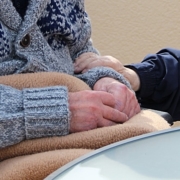
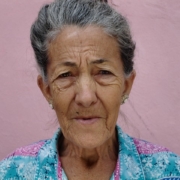
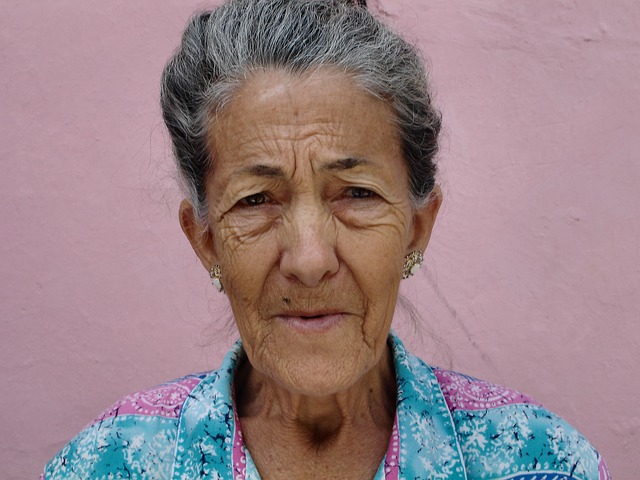 There are many causes for confusion in the elderly. Often the first response to a loved one acting confused is to assume the worst and that there is some type of dementia at play. Even so, there are several of common diagnoses that can lead to an elderly person’s confusion. If you are the caregiver for your parent or loved one, you need to be watchful for any changes in their mental status.
There are many causes for confusion in the elderly. Often the first response to a loved one acting confused is to assume the worst and that there is some type of dementia at play. Even so, there are several of common diagnoses that can lead to an elderly person’s confusion. If you are the caregiver for your parent or loved one, you need to be watchful for any changes in their mental status.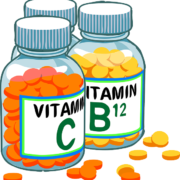
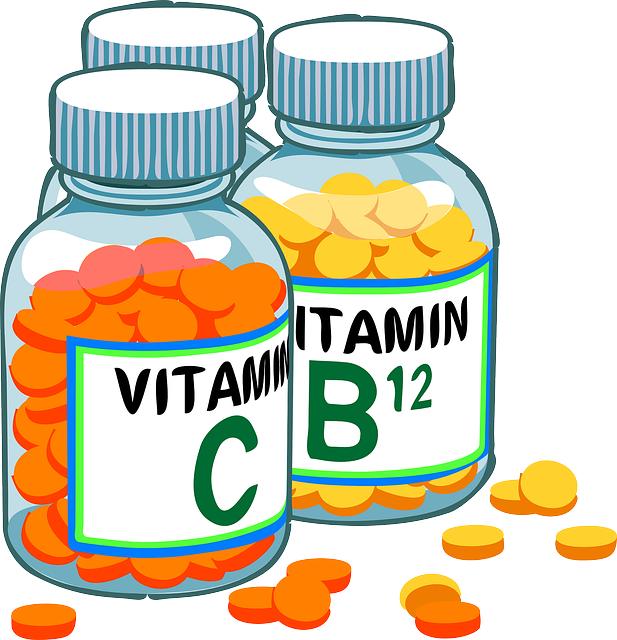 Did you know that vitamins and mineral supplements can be vital to an elderly person’s health? As a person ages, they naturally tend to eat less and thus don’t take in adequate amounts of vitamins and other nutrients as they did when they were younger. In addition to that, other factors can lead to the inadequate intake of vital nutrients, including medications, medical conditions, disabilities, digestive system changes and an aging person’s skin.
Did you know that vitamins and mineral supplements can be vital to an elderly person’s health? As a person ages, they naturally tend to eat less and thus don’t take in adequate amounts of vitamins and other nutrients as they did when they were younger. In addition to that, other factors can lead to the inadequate intake of vital nutrients, including medications, medical conditions, disabilities, digestive system changes and an aging person’s skin.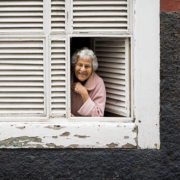
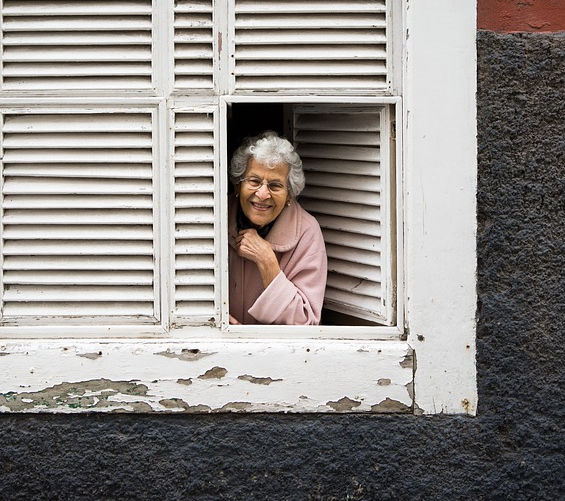 When your aging elderly parents are hundreds or thousands of miles away, its a struggle to ensure their proper care. It can be even harder if one of your parents has passed and the other is left living alone. Many people are forced to juggle their demanding full time jobs with becoming the long-distance caregiver of their elderly mother or father. There’s the daily phone calls and the frequent visits that eat up vacation time time spent fixing up a parents home, dealing with bills, doctor visits and getting the estate in order. It’s always nice to spend time with family, but as an aging parents care becomes more and more vital paired with the everyday demands of work and other family, being in two places at once is extremely difficult, not to mention stressful.
When your aging elderly parents are hundreds or thousands of miles away, its a struggle to ensure their proper care. It can be even harder if one of your parents has passed and the other is left living alone. Many people are forced to juggle their demanding full time jobs with becoming the long-distance caregiver of their elderly mother or father. There’s the daily phone calls and the frequent visits that eat up vacation time time spent fixing up a parents home, dealing with bills, doctor visits and getting the estate in order. It’s always nice to spend time with family, but as an aging parents care becomes more and more vital paired with the everyday demands of work and other family, being in two places at once is extremely difficult, not to mention stressful.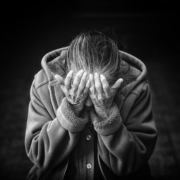
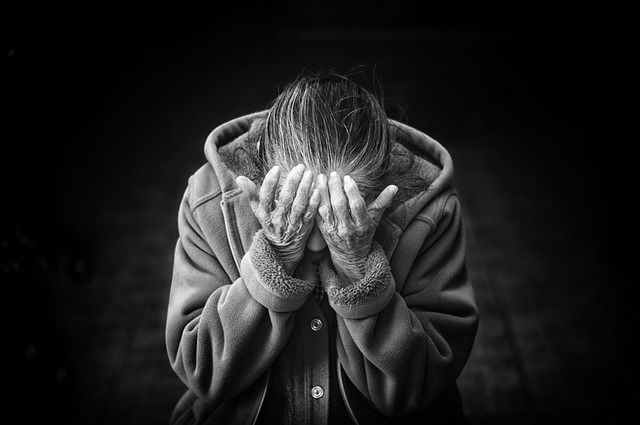 The National Center on Elder Abuse
The National Center on Elder Abuse 
 It’s never easy when an aging parent or loved one loses their independence. Before you both know it, there are more questions than answers and the answers usually don’t come easy.
It’s never easy when an aging parent or loved one loses their independence. Before you both know it, there are more questions than answers and the answers usually don’t come easy.
 Oftentimes help is required from a family member or in-home care professional to administer medication at proper times and in proper amounts. Here are some tips for ensuring the continued safety or your aging loved one.
Oftentimes help is required from a family member or in-home care professional to administer medication at proper times and in proper amounts. Here are some tips for ensuring the continued safety or your aging loved one.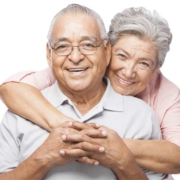
 With the growing generation of elderly people in the U.S. today, pressure is increasing for their family members to meet their newfound needs due to illness, injury or other factors that take away their independence. This care is often provided first hand by family, a visiting in home care service, a long-term care facility or a combination of the three “ as each persons set of needs are different.
With the growing generation of elderly people in the U.S. today, pressure is increasing for their family members to meet their newfound needs due to illness, injury or other factors that take away their independence. This care is often provided first hand by family, a visiting in home care service, a long-term care facility or a combination of the three “ as each persons set of needs are different.